Bipin Bihari Rout
Fundamental principle, an important prerequisite for self government and democracy, essential to the nature of a free state, indispensable for the welfare of the public and crucial to the life of an individual, freedom of the press is of considerable significance in a democratic polity. It provides a wide scope as well as an ample opportunity to an individual for his development and propagation of his views and
ideology. It is the only organization capable of constituting the foundation of a free government of a free people by preventing authorities of a free government of a free people by preventing authorities from
influencing the public opinion. These functions can possibly be performed by the press only when it becomes free from illegal and undesirable restrictions. Right to know and information is a basic and fundamental right that is ensured to an individual in a democratic polity either by a written constitution or otherwise. It is fundamental because it goes a long way in safeguarding the democratic process i.e. participation as well as active involvement of the people in the decision making process itself. The media in general and the press in particular play a crucial role in protecting and promoting this right. Freedom of the press is thus universally accepted by all but those who exercise power and abuse it react strongly against the press when their misconduct and misdeeds are exposed by it. It is very unfortunate to
observe that the authorities, be they kings, emperors, sultans or democratically elected representatives have not tolerated a free press since its inception either out of fear, anger, hatred or distrust. They never wanted nor they had ever wanted that their sordid activities should be made known to the public.
Freedom of the press means freedom for the press. It must be free from the menace of external compulsions from any direction. Freedom of the press means the right to publish and circulate through
the medium of printed words or material, news, views, information, ideas and comments, free from restriction, interference, coercive or distorting pressures from any source, whatever whether that source be the government, public authorities, political parties, trade unions, advertisement, press barons, management or any other conceivable agency. This freedom of speech and expression has been guaranteed to all the citizens of India as a fundamental right under Article 19(1)(a) of the Indian
Constitutions. This right is subject only to the restrictions imposed upon its exercise by the State under
clause(2) of Article 19. Though press freedom is not specifically mentioned in Art. 19(1)(a), it is the settled
view of the Supreme Court that the freedom of speech and expression includes the freedom of press. However, freedom of the press is not superior to the freedom of speech and expression. The
press does in no way enjoy any privilege which can be said to be distinct from the freedom of the citizen. The freedom of the journalist is an ordinary part of the freedom of the subject and to whatever
length the subject in general may go, so also may the journalist but apart from statute law, his privilege is no other and no higher. The result is that the rights of the press as an institution, that is those rights which the press needs to enable it to effectively perform its functions have never really been adequately considered by the court. Freedom of speech and expression is based on the firm conviction, which
constitutes one of the basic values of a free society to which the people are wedded under the Constitution, that there must be freedom not only for the thought that they cherish, but also for the
thought that they hate. In conclusion, the press, a component of the mass media, has come to acquire an
unique status as sustainer of society, ideological state apparatus, and subtle manipulator of culture in an
attempt to produce a consensus in the society which has been experiencing, of late, what is called the
information explosion. The press, setting the agenda for debate and deliberation in the society independently of those who are elected to govern, has become an unelected power center. It
presents a picture of the world through selective construction and representation of the events out there, thereby providing the citizenry a frame of reference through which different segments of the society come to understand their own and others’ lived reality. But these frames of reference vary depending
upon the organization of the political institutions and dominant political ideology of a nation state, and the role assigned to the press in social life.
Srivihar Colony, Cuttack,
Mob. : 9437666453

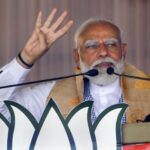

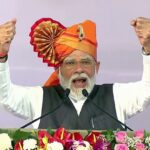


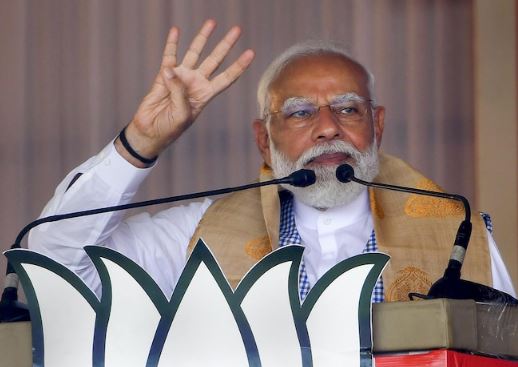
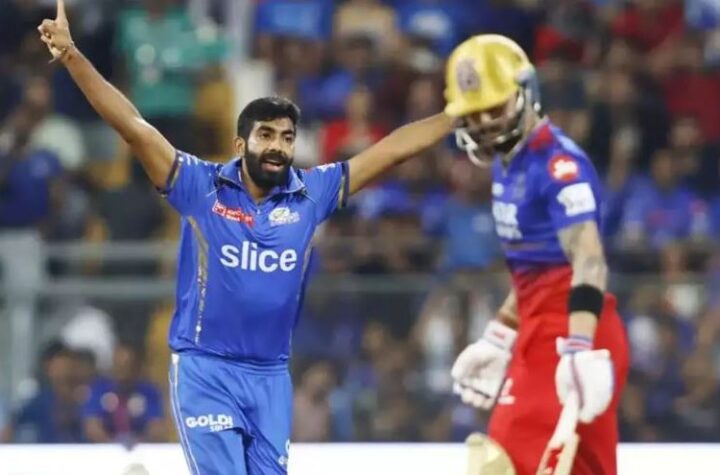
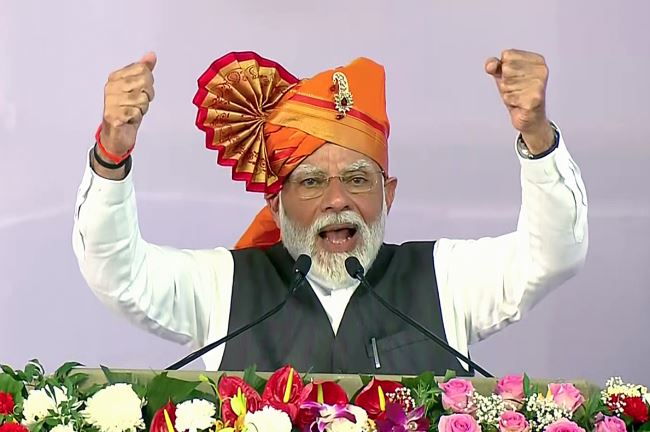
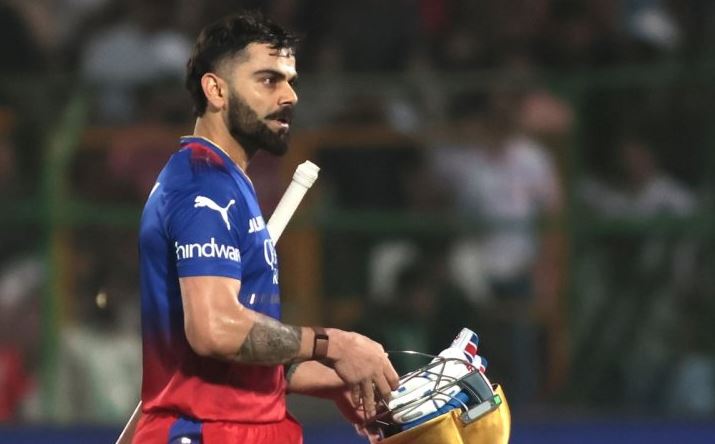
More Stories
Payment System for Net Banking to be Launched: RBI Chief
Adani Group to invest Rs 75,000 crore in MP, Pranav Adani sees for growth
Women empowerment in focus launched in Agriculture Odisha 2024